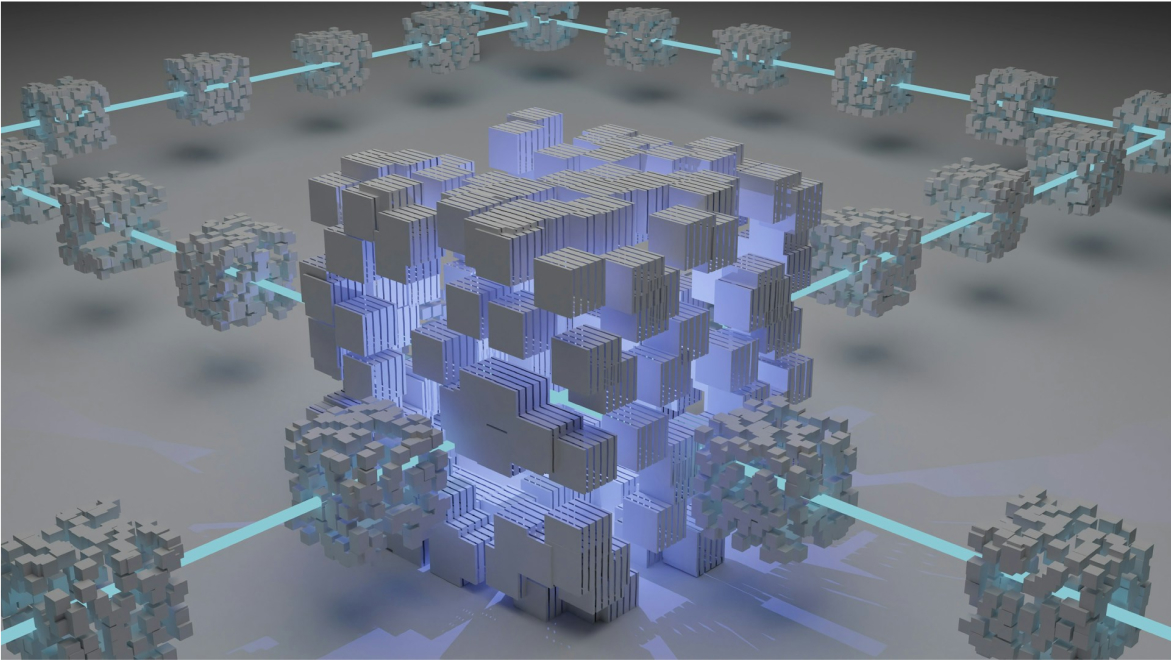Post
Share your knowledge.

AI’s Impact on Decentralized Applications (dApps)
AI is revolutionizing dApps, enhancing smart contracts, DeFi, and blockchain ecosystems—while raising questions about security and decentralization.
Key AI Innovations in dApps
- Smarter Smart Contracts – AI enables adaptive contracts that optimize fees, detect exploits, and adjust to market conditions (e.g., Fetch.ai).
- AI-Powered DeFi – Improves risk management, fraud detection, and automated portfolio strategies (e.g., Numerai).
- Decentralized AI Marketplaces – Blockchain allows transparent, incentivized AI model trading (e.g., Bittensor).
- AI Oracles – Enhances data accuracy for dApps by validating and processing complex inputs (e.g., DIA).
- AI-Generated NFTs & Gaming – Creates dynamic NFTs and adaptive in-game experiences (e.g., Alethea AI).
Challenges in AI-Powered dApps
- Centralization Risks
Most AI models require massive computational power, often relying on centralized cloud providers (e.g., AWS, Google Cloud).
This contradicts blockchain’s decentralization ethos, creating potential single points of failure.
Solutions like decentralized compute networks (e.g., Akash, Gensyn) aim to address this but are still in early stages.
- Regulatory Uncertainty
If an AI-driven smart contract makes a faulty decision (e.g., incorrect liquidation in DeFi), who is liable—the developer, the AI model, or the DAO?
Governments may impose strict rules on AI-powered financial applications, potentially stifling innovation.
Compliance becomes complex when AI operates across multiple jurisdictions.
- High Costs of On-Chain AI
Training and running AI models on-chain is prohibitively expensive due to gas fees and storage limitations.
Emerging solutions like zero-knowledge machine learning (zkML) and off-chain AI with on-chain verification could reduce costs.
Layer-2 scaling solutions may help, but efficiency remains a challenge.
Future Possibilities for AI in dApps
- Autonomous DAOs Governed by AI
AI could replace human voting in DAOs, making decisions based on real-time data analysis.
Example: An AI DAO managing a DeFi protocol could auto-adjust interest rates or security parameters without proposals.
- Self-Optimizing Blockchains
AI-driven consensus mechanisms could dynamically adjust block size, fees, or security protocols for efficiency.
Networks might "learn" from past attacks (e.g., 51% attacks) to prevent future exploits.
- AI-Curated DeFi Protocols
DeFi platforms could use AI to auto-rebalance liquidity pools, predict crashes, or blacklist malicious actors.
Example: An AI-powered lending protocol could adjust collateral requirements in real time based on market volatility.
- Sui
These ideas can be applied to the next Sui Overflow Hackathon 2026 https://blog.sui.io/2025-sui-overflow-hackathon-winners/
Sui is a Layer 1 protocol blockchain designed as the first internet-scale programmable blockchain platform.
- Why does BCS require exact field order for deserialization when Move structs have named fields?53
- Multiple Source Verification Errors" in Sui Move Module Publications - Automated Error Resolution42
- Sui Transaction Failing: Objects Reserved for Another Transaction24
- How do ability constraints interact with dynamic fields in heterogeneous collections?04
